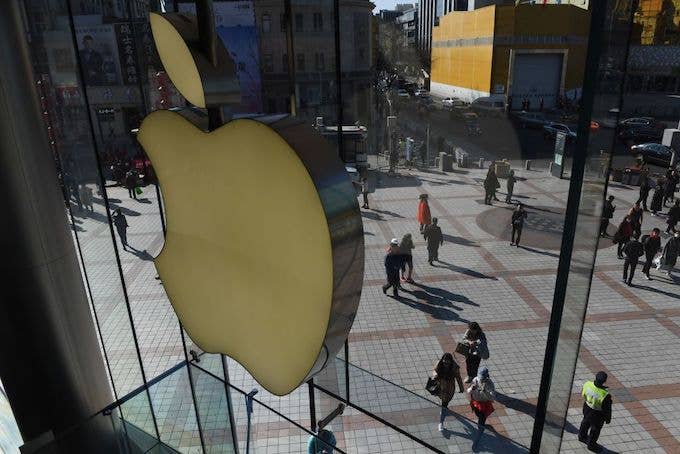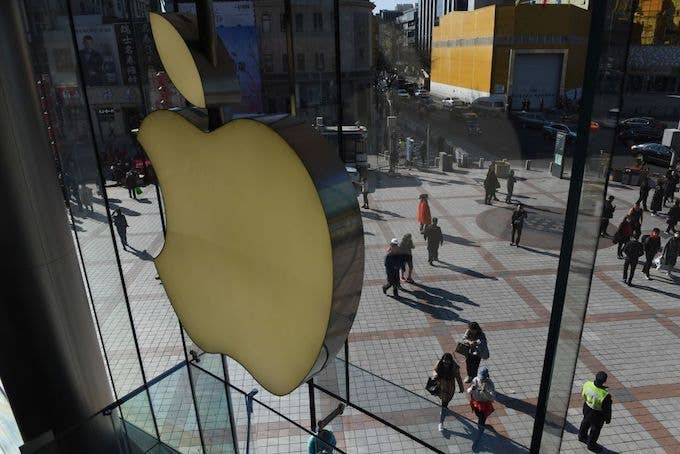
Two college students in Oregon were allegedly the masterminds behind a deceptive scheme to import thousands of counterfeit iPhones from abroad, and trading them in for legitimate models by filing warranty claims with Apple.
According to court documents obtained by NPR, Yangyang Zhou and Quan Jiang are being accused of scamming the tech giant out of $895,800 over the course of one year. Authorities first became suspicious after customs officials seized several packages coming from Hong Kong to Mr. Zhou's address, containing smart phones. Although the devices contained the logo and shape of official Apple iPhones, the packaging prompted officials to question the legitimacy of the products.
The two men allegedly received the knockoff versions from China, before filing warranty claims with Apple, citing "No Power/Wired Charging Issues." The company would then determine the validity of the claims and then send back a brand new phone. According to the report, 3,069 claims were connected back to Zhou's name, IP Address or email, and although approximately 1,500 were rejected, 1,493 were approved.
Zhou and Jiang, who are neighbors, would have had to produce or access Apple serial numbers in order for their scam to work, however the complaint filed in the United States District Court in Oregon didn't specify how the men produced that information.
Because they asserted that the devices were inoperable, the warranty claims which were approved would begin the replacement process before technicians could get the phones to turn on.
During an interview with Homeland Security Investigations, Jiang informed federal investigators of he and Zhou's plan, which employed relatives and friends in both the U.S. and China. An "associate" would send over the devices and both of the conspirators would send the phones to Apple using a variety of aliases and addresses to avoid getting caught.
However, according to the joint affidavit submitted by Zhou and Jiang, neither one of them knew they were receiving counterfeit phones. Apple's lawyers have disputed these claims, explaining that they allegedly sent warnings to both men for "importing counterfeit Apple products."
According to the report, Jiang is being accused of trafficking in counterfeit goods and wire fraud charges, while Zhou is facing charges related to "submitting false or misleading information on export declaration."

